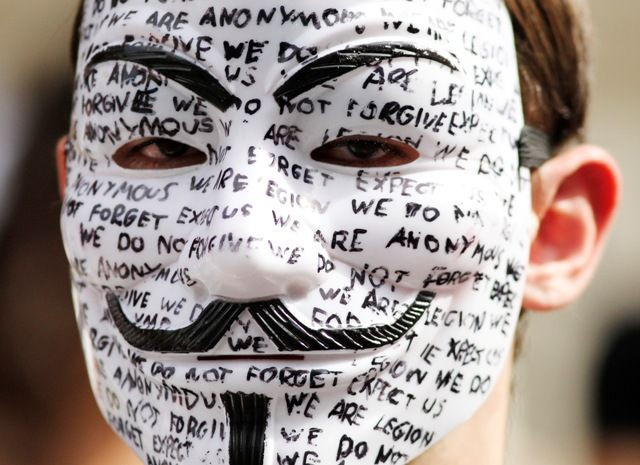US spied on Japan, Wikileaks documents show

Whistleblowing website Wikileaks has published leaked documents from U.S. National Security Agency, claiming that America has spied on Japan, one of its strong allies. It also showed that Australia and U.S. have shared some of the intelligence. Earlier, Wikileaks revealed that U.S. also spied on Germany and France.
Four of the five documents Wikileaks published were marked "top-secret" and contained details and strategies of the Japanese government on climate change and trade negotiations for two years from 2007 to 2009. The website also mentioned that U.S. surveillance targets Japanese politicians, bankers and major firms
According to ABC , documents published showed that America kept Australia, Britain, Canada and New Zealand marked to share the strategies for the 2008 G8 summit on climate change with. "In these documents we see the Japanese government worrying in private about how much or how little to tell the United States, in order to prevent undermining of its climate change proposal or its diplomatic relationship," WikiLeaks editor-in-chief Julian Assange said in a statement.
However, he said it no longer remained unknown to the U.S. as they had read and shared everything possible with the other countries. Although it has been hours since the news broke, there hasn’t been a reaction from both the countries.
The documents that contained trade negotiations were very important as they were published on the final day meeting of Trans Pacific Partnership between Japan, the U.S., Australia and nine other countries. "The reports demonstrate the depth of U.S. surveillance of the Japanese government, indicating that intelligence was gathered and processed from numerous Japanese government ministries and offices," Wikileaks said.
According to the documents, the spying started in 2006, the year when U.S. and Japan became allies. Yoshinobu Yamamoto, a professor of international politics at the University of Niigata Prefecture, said although Japan would ask for an explanation if it’s found to be true, it wouldn’t strain their relationship to a large extent.
Contact the writer at feedback@ibtimes.com.au, or let us know what you think below.





















